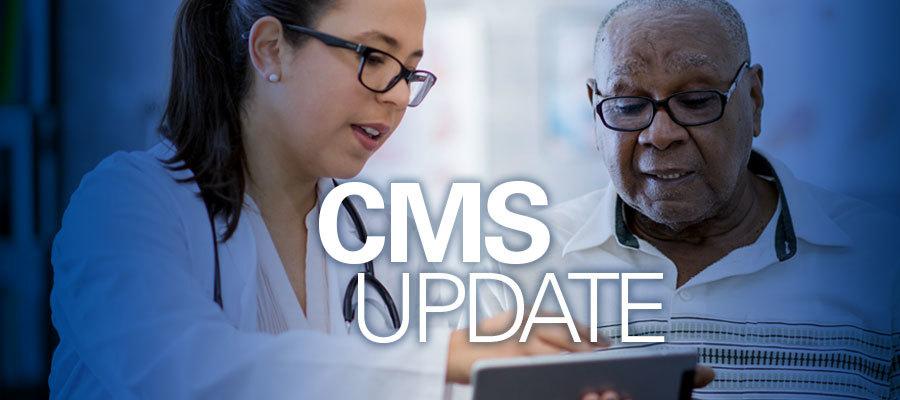CMS anticipates later start date for mandatory organ transplant payment model

The Centers for Medicare & Medicaid Services recently announced that they anticipate a later start date for the Increasing Organ Transplant Access Model. The agency stated that it is “continuing to work on the final rule and is consequently anticipating a later start date for the model than the proposed start date of January 1, 2025.” The mandatory payment model would test whether performance-based incentive payments paid to or owed by participating kidney transplant hospitals would increase kidney transplant access while preserving or enhancing the quality of care and reducing Medicare expenditures. In July, the AHA informed the Center for Medicare and Medicaid Innovation that the IOTA model would add unnecessary disruption and uncertainty to the transplant ecosystem, potentially incentivize sub-par matches given the heavy emphasis on volume and would be discordant with other regulatory requirements.
"Complex (not to mention successful) payment model implementation requires significant time, resources and staffing by hospital participants," AHA wrote. "But, CMMI has proposed an IOTA start date of Jan. 1, 2025 — less than six months from now and an even briefer time from when the rule will be in its final form. It would notify participants of their mandatory participation with as little as three months’ notice. Given the organ transplant system’s transformation already occurring as mentioned above, this aggressive timeline is untenable."

